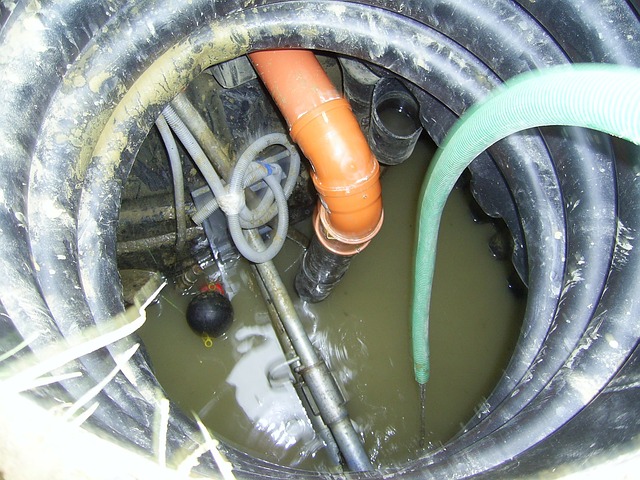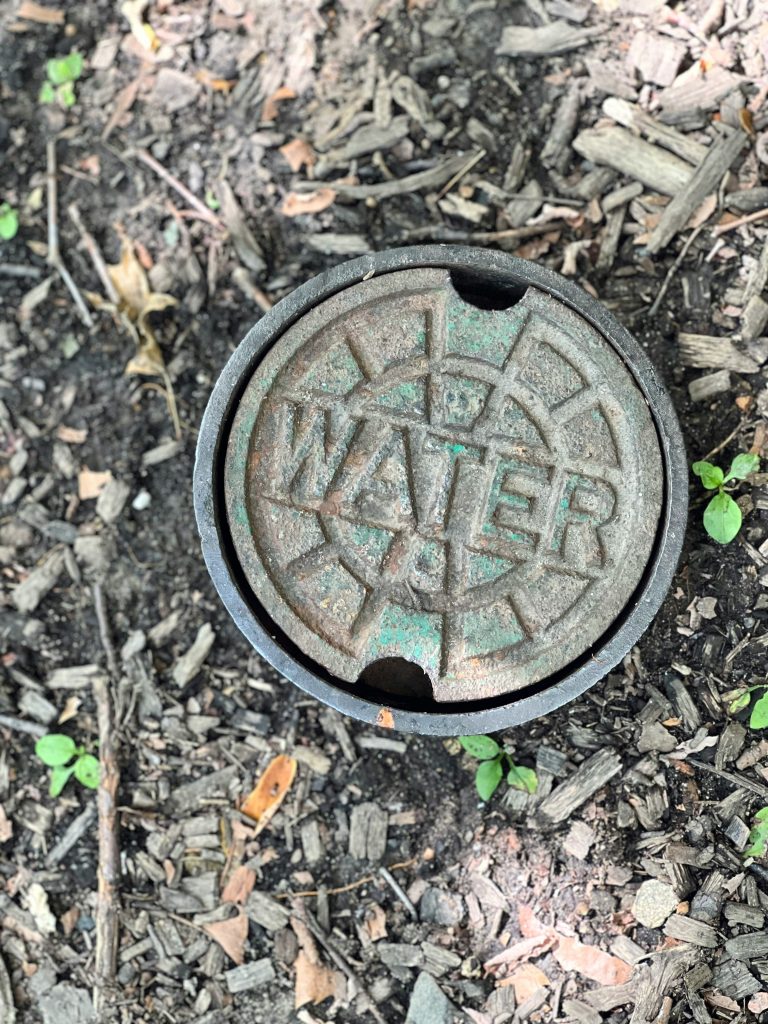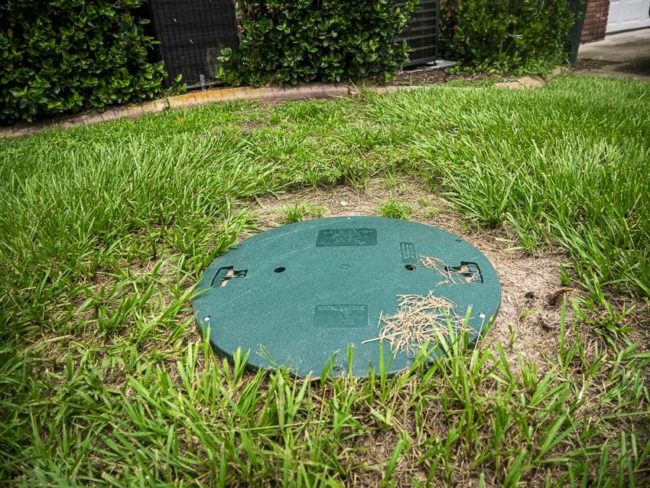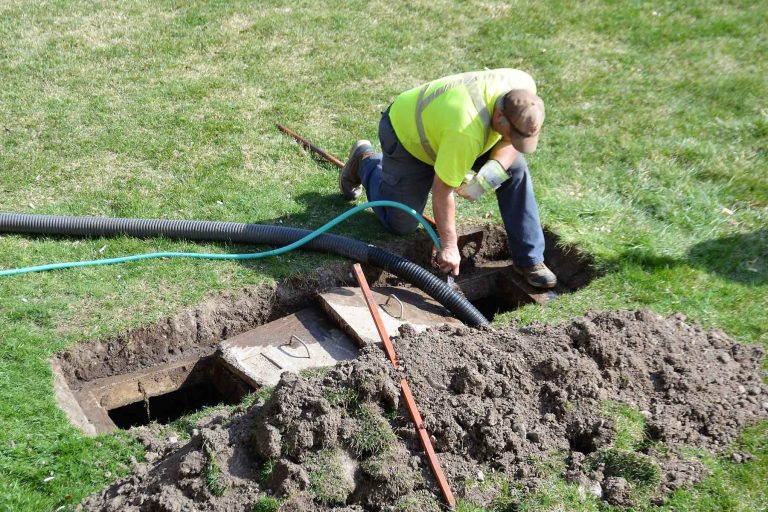Ultimate Life-Saving Power of Early Detection of Potential Issues with Regular Septic Inspections
Early detection of potential issues with regular septic inspections is crucial for preventing costly repairs and health hazards. By identifying problems early, homeowners can maintain a functioning septic system, ensuring that their property and the surrounding environment remain safe and sanitary.
Table of Contents
Key Takeaway
Early detection can save you from expensive repairs.
- Regular inspections help maintain system efficiency.
- Professional services are more reliable than DIY methods.
- Environmental protection is a significant benefit of proper septic maintenance.
- Responsible usage and regular pumping are essential preventive measures.
Why Early Detection of Potential Issues with Regular Septic Inspections Matter

A septic system’s primary function is to treat and dispose of household waste. When it fails, it can lead to unsanitary conditions, environmental contamination, and costly repairs. Regular inspections allow you to catch issues early before they escalate into significant problems.
Early detection of potential issues with regular septic inspections are essential for managing household wastewater, yet they often go unnoticed until a problem arises. Like any crucial infrastructure, these systems require regular maintenance to ensure they operate efficiently and effectively. This is where the importance of early detection through regular septic inspections comes into play.
By identifying potential issues before they escalate into significant problems, homeowners can protect their investments, avoid costly repairs, and maintain a safe living environment. In a world where prevention is always better than cure, understanding why early detection matters can save you time, money, and peace of mind.
We will delve into the critical reasons behind the necessity of regular septic inspections and how they play a pivotal role in safeguarding both your home and the surrounding environment.
The Role of Professional Early Detection of Potential Issues with Regular Septic Inspections
Engaging a professional for septic inspections ensures that potential issues are identified accurately. Professionals use advanced tools like video cameras to inspect the system, offering a thorough analysis that DIY inspections might miss.
The importance of a well-functioning septic system cannot be overstated; it is essential for safely managing wastewater in homes that are not connected to a municipal sewer system. Yet, many homeowners remain unaware of the potential issues that can compromise the efficiency and safety of their septic systems.
This is where professional septic inspections come into play, serving as a crucial safeguard against costly failures and environmental hazards. Regular inspections by trained professionals enable early detection of potential issues, ensuring that minor problems are addressed before they escalate into significant repairs or system failures.
We will delve into the vital role that professional inspectors play in maintaining the health of septic systems through early detection, highlighting the benefits of early detection of potential issues with regular septic inspections. By understanding the importance of these inspections, homeowners can take informed steps to protect their investments and maintain a safe living environment.
Frequency of Inspections
The general recommendation is to have a septic system inspected at least every three years. However, if your household has high water usage or the system is older, more frequent inspections might be necessary.
Detected During Early Detection of Potential Issues with Regular Septic Inspections
Identifying potential issues early can save time, money, and stress. Here are some common problems found during regular septic inspections:
Tank Problems
Over time, septic tanks can become full, leading to backups and overflows. Inspections can identify when it’s time to pump the tank, preventing these issues.
Drain Field Failures
A failing drain field can cause pooling water and unpleasant odors. Regular inspections can detect signs of drain field failure early, allowing for prompt repairs.
Pipe Obstructions
Roots, debris, and sludge can clog the pipes in a septic system, leading to slow drains and backups. Inspections can locate these obstructions and clear them before they cause major issues.
Structural Damage
Cracks and leaks in the septic tank or pipes can lead to system failure. Inspections can identify structural damage, allowing for repairs before the damage worsens.
Benefits of Early Detection of Potential Issues with Regular Septic Inspections

Detecting issues early offers several benefits, including cost savings, environmental protection, and maintaining system efficiency.
Cost Savings
Early detection can prevent minor issues from escalating into major repairs, saving you money in the long run.
Environmental Protection
A failing septic system can contaminate groundwater and soil. Regular inspections help protect the environment by ensuring your system functions correctly.
Maintaining System Efficiency
Regular inspections and maintenance keep your septic system running efficiently, extending its lifespan and ensuring it handles household waste effectively.
DIY vs. Professional Inspections
While some homeowners may attempt DIY septic inspections, professional services offer more reliable results. When it comes to maintaining a septic system, homeowners often face a choice between DIY inspections and hiring professional services.
While DIY inspections can be a cost-effective option for those with some knowledge of septic systems, they may lack the thoroughness and expertise that professionals bring to the table. Professional inspections offer a comprehensive assessment, leveraging specialized tools and training to identify potential issues before they escalate.
The pros and cons of both approaches, help homeowners make an informed decision about how best to ensure the health and longevity of their early detection of potential issues with regular septic inspections.
DIY Inspections
DIY inspections can involve checking for surface signs of issues, such as pooling water or foul odors. However, these methods may not detect underlying problems.
Professional Inspections
Professionals use advanced tools and techniques to thoroughly inspect the septic system, identifying issues that DIY methods might miss.
Preventive Measures for a Healthy Septic System
In addition to regular inspections, several preventive measures can help maintain a healthy septic system.
Regular Pumping
Pumping your septic tank every three to five years prevents overflows and backups, keeping the system functioning properly.
Responsible Usage
Avoiding flushing non-biodegradable items and limiting water usage can reduce the strain on your septic system.
Early Detection of Potential Issues with Regular Septic Inspections: Are They Worth It?
While some products claim to improve septic system performance, their effectiveness is debatable. Consult with a professional before using any additives.
The Role of Landscaping
Proper landscaping around your septic system can prevent root intrusion and protect the system from damage.
Emergency Preparedness
Knowing the signs of a septic emergency, such as slow drains and foul odors, can help you respond quickly and prevent further damage.
The Importance of Certified Septic Inspections
Certified inspections provide an added layer of assurance. United Sewer & Septic is certified by the National Environmental Health Association (NEHA) to install advanced treatment septic systems, ensuring the highest standards of service.
Conclusion
Early detection of potential issues with regular septic inspections is essential for maintaining a healthy, efficient, and environmentally friendly septic system. By scheduling regular inspections with a professional service like United Sewer & Septic, you can avoid costly repairs and ensure your system functions properly for years to come.
Common Issues Detected During Inspections
| Issue | Description | Consequences | Solution |
|---|---|---|---|
| Full Tank | Tank is at capacity | Backups and overflows | Regular pumping |
| Drain Field Failure | Drain field is clogged or failing | Pooling water, unpleasant odors | Field repair or replacement |
| Pipe Obstructions | Pipes are clogged with debris or roots | Slow drains, backups | Pipe clearing |
| Structural Damage | Cracks or leaks in tank or pipes | System failure, environmental contamination | Structural repairs |
Preventive Measures for Septic Systems
| Measure | Description | Frequency | Benefit |
|---|---|---|---|
| Regular Pumping | Pumping the septic tank | Every 3-5 years | Prevents overflows and backups |
| Responsible Usage | Avoiding non-biodegradable items | Ongoing | Reduces system strain |
| Septic Additives | Using additives to enhance performance | Consult professional | Potential system improvement |
| Proper Landscaping | Landscaping to prevent root intrusion | Ongoing | Protects system from damage |
| Emergency Preparedness | Knowing signs of a septic emergency | Ongoing | Quick response to prevent damage |
Signs of a Septic Emergency
- Slow-draining sinks and toilets
- Foul odors near the septic tank or drain field
- Pooling water in the yard
- Gurgling sounds in the plumbing
Experience the United Sewer & Septic Difference
United Sewer & Septic provides comprehensive septic and sewer services in Middletown, NY, and surrounding areas. With over 30 years of experience, we offer reliable and professional inspections, repairs, and installations. Our licensed and certified team uses advanced tools to ensure your septic system operates efficiently and safely.
For more information or to schedule an inspection, call (888) 845-2564 or visit United Sewer & Septic.
By following these guidelines and scheduling regular inspections, you can maintain a healthy septic system and avoid costly repairs. Remember, early detection is key to a long-lasting and efficient septic system.



